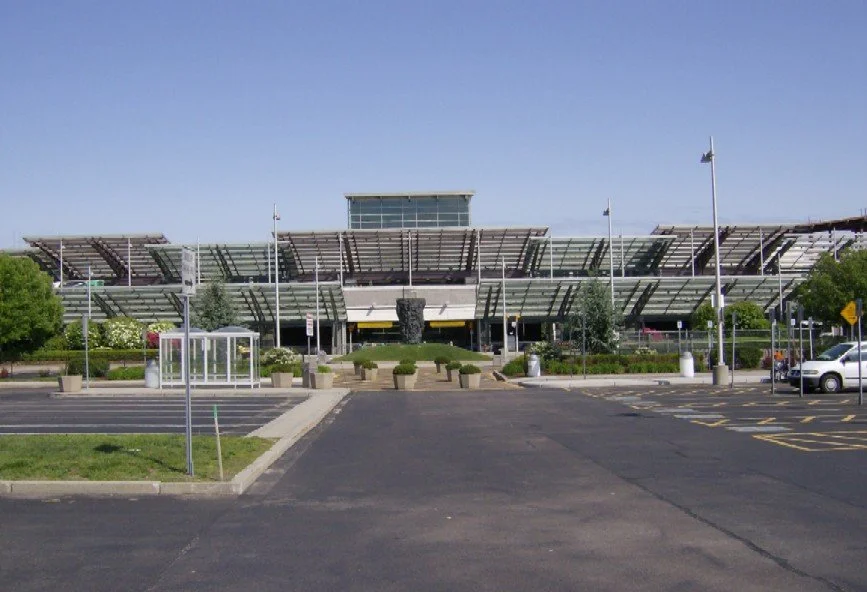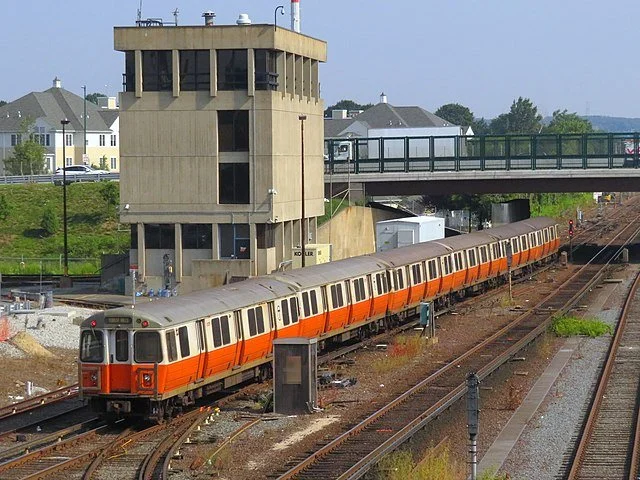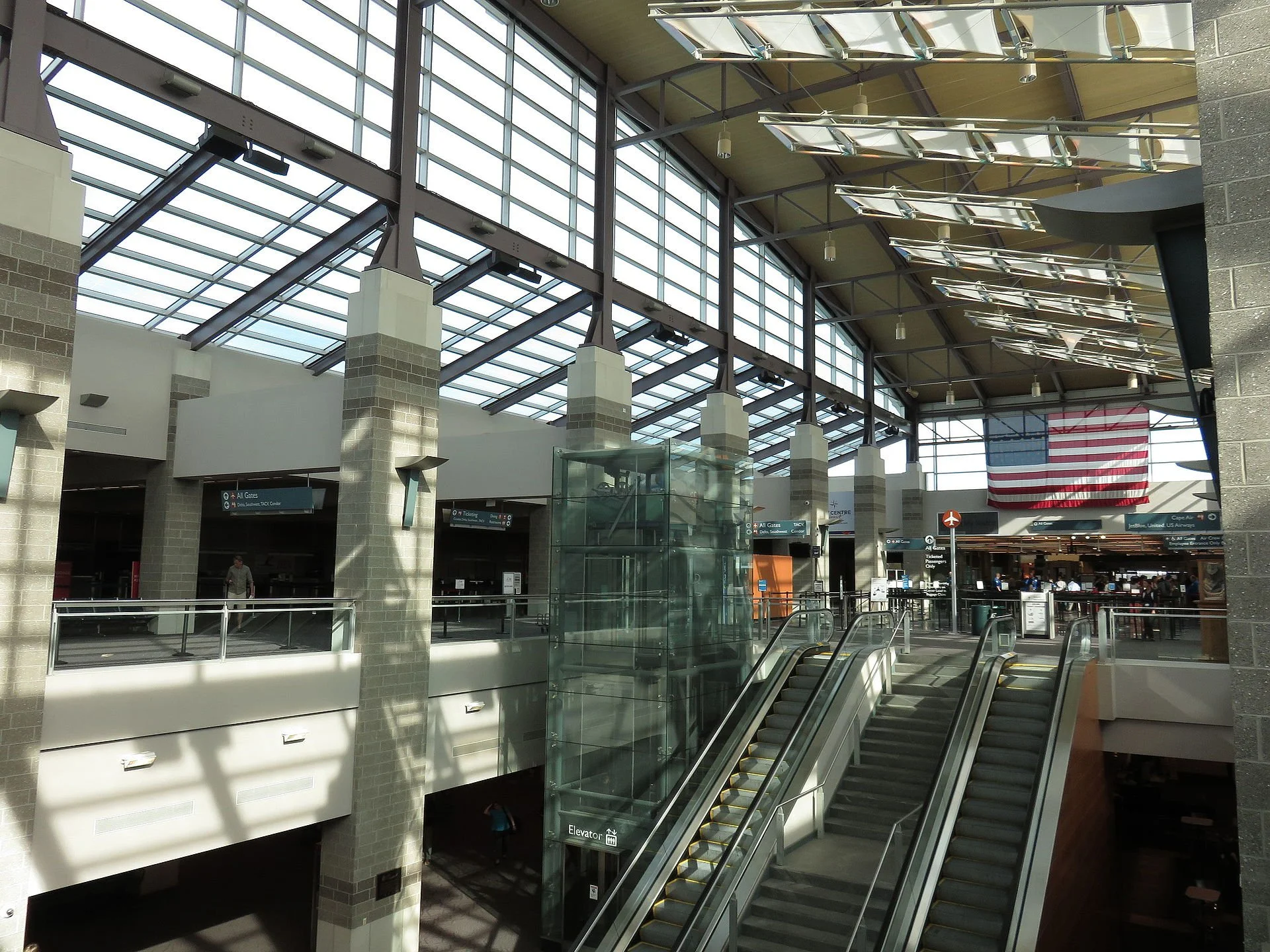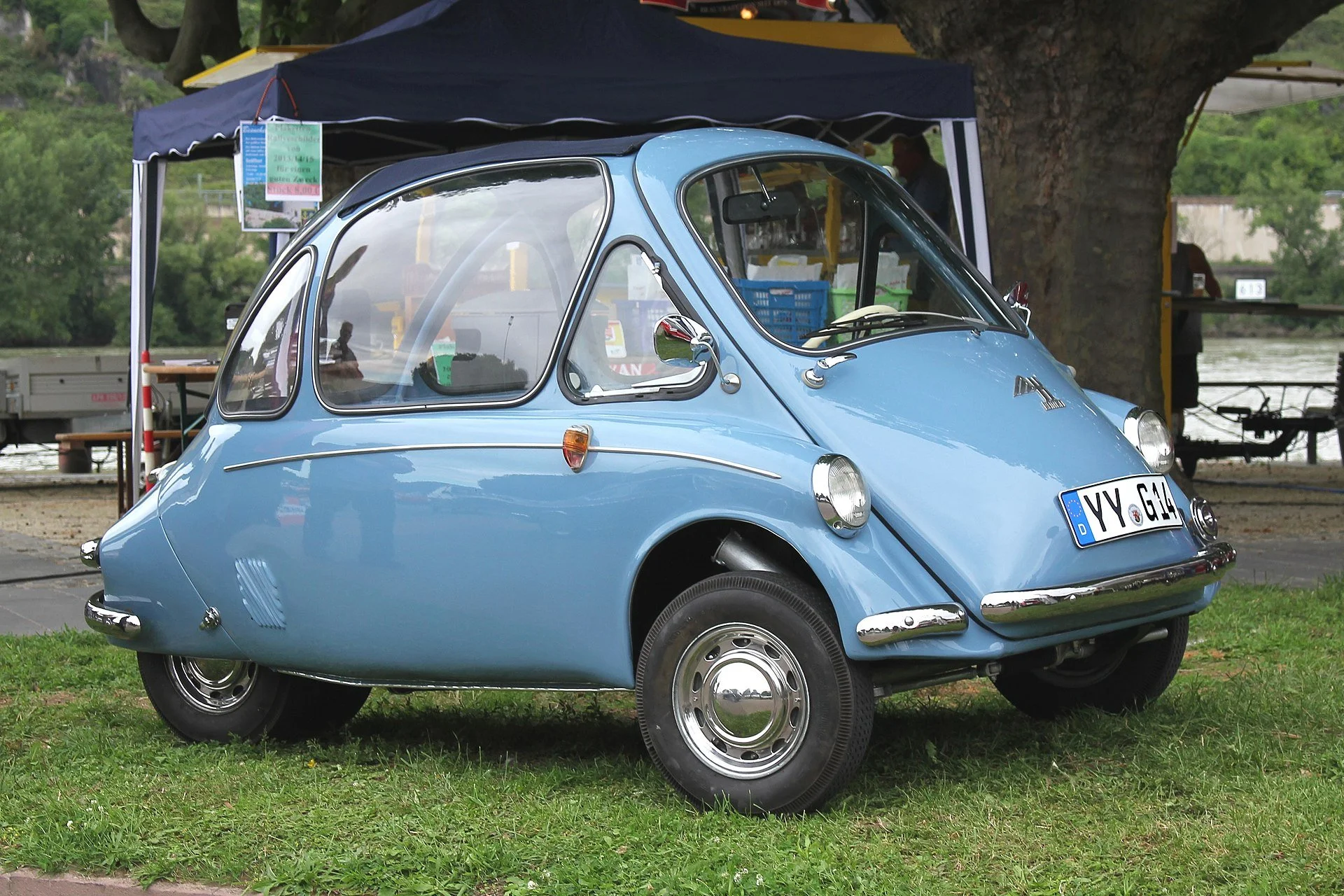
Green is good, air travel is terrible
1928 poster
Terminal lobby at Rhode Island’s Green Airport
— Photo by Antony-22
Adapted from Robert Whitcomb’s “Digital Diary,’’ in GoLocal24.com
“Once I get you up there, where the air is rarefied
We'll just glide, starry-eyed
Once I get you up there, I'll be holding you so near
You may hear all angels cheer because we're together.’’
-- From the 1958 song “Come Fly With Me,’’ with music by Jimmy Van Heusen (1913-1990) and lyrics by Sammy Cahn (1913-1993). Song was pre-airline deregulation!
Kudos to the folks at Rhode Island T.F. Green International Airport, which keeps getting honored, for being ranked by Travel + Leisure magazine as second-best airport in America (after Minneapolis-Saint Paul International Airport (“Minnesota nice’’? Sometimes.).
Green gets high marks for being, for an airport, low-key and (relatively) low stress, in part because it’s so easy to navigate. God knows that many, probably most, medium and large airports have become stress centers, serving up a mix of anxiety, anger, boredom, confusion.
Airports have become so unpleasant because of the law of unintended consequences. The Airline Deregulation Act of 1978 removed federal control over fares, routes and encouraged entry of new airlines (most of which have since disappeared). That brought “the masses” into a sector whose customers had previously been mostly businesspeople and the affluent. And the nation’s population has increased from about 225 million in 1979 to about 340 million now – a hell of a lot more potential airline passengers.
Deregulation led to the fearsome hub-and-spoke system, based on using a few major airports as central connecting points, which increased passenger loads, intensified airport and air traffic congestion and eliminated many convenient nonstop flights. And if one airline dominates a hub, the lack of competition has often led to higher fares. Not exactly what the deregulators had in mind.
Another bad thing that came out of airline deregulation was that it led to the closing of airports serving small cities.
On top of that, there’s the mystery, to me, of so many Americans’ masochistic and lemming-like tendency to want to travel at the same times, which leads many people to spend as much as half the time or more on a trip amidst the hordes at airports and highways rather than at their sought destinations.
Anyway, at least the planes (even Boeing’s!) are safer these days. Think of that as you wait in lines for hours as your flights keep getting cancelled because of, say, a thunderstorm in Chicago.
One nice thing about airports, however awful they can be: They still have newsstands, which used to be everywhere but have rapidly gone away in other public places, especially since COVID erupted.
Yes, finally make it international; turning orange with frustration
Terminal at the very pleasant Green Airport looks like something that would fly.
From Robert Whitcomb’s “Digital Diary,’’ in GoLocal24.com
The local economic impact of Breeze Airways setting up a “base” at Rhode Island T. F. Green International Airport (what a name -- after you’ve said it you might have miss your flight) is probably exaggerated by state officials, though it’s certainly another feather in the cap of the indefatigable Iftikhar Ahmad, president and CEO of the Rhode Island Airport Corporation, and his colleagues, who have been working very hard to expand the airport’s services, which COVID has made a particularly laborious workout.
Remember that all promises by companies tend to be even more provisional than those by your friends and family, mostly because the economy and ownership can change fast.
I’d be more hopeful if the airline’s long-delayed nonstop service to the West Coast had finally started. Now it looks like that won’t happen until next year, apparently mostly because of staffing problems. And the airport is not yet really “international,” despite its name. But there’s lots of potential to market the ease and accessibility of cute, cozy Green compared to Boston’s congested and expensive Logan International Airport, including in getting frequent service to Europe. (Green’s “International” moniker reminds me of little colleges calling themselves “universities” to sound more important.)
xxx
On the MBTA’s Orange Line, closed for repairs until late September. Most of the T’s problems stem from delayed maintenance and bad labor contracts.
The exasperating problems of the Massachusetts Bay Transportation Authority – line closures, equipment breakdowns, etc., etc., are Rhode Island’s problems, too, since Boston is the regional capital and depends on its mass transit to help maintain its prosperity. Lots of Rhode Islanders work in Greater Boston.
Go Green Airport! fight Putin by shrinking your car
In Green Airport’s terminal lobby
— Photo by Antony-22
Adapted from Robert Whitcomb’s “Digital Diary,’’ in GoLocal24.com
There’s at least some good news -- locally. After years in which businesses and individuals have pleaded for nonstop air service between Rhode Island T.F. Green International Airport and the West Coast, Breeze Airways has announced that it will start twice-a-week service to Los Angeles in late June. The initial plan is only for summer service, but obviously that would change fast if demand shows the need for it to be year-round. I think that will happen. T.F. Green serves a large and densely populated area and is a pleasant alternative to braving the nasty traffic to Boston’s Logan International Airport.
Other new, twice-weekly destinations to be offered soon will be Columbus, Jacksonville, Savannah and Richmond, though Savannah will, like L.A., be summer-only to start.
Kudos to the folks at the Rhode Island Airport Corporation for pulling this off.
However, given the international situation, I doubt that new flights from Green, or indeed other airports, to foreign places are in the offing.
With a mass-murdering tyrant on the loose in Europe and, as a result, aviation and other fuel prices likely to rise even more; a recession possible, and COVID still hovering, all plans can be seen as even more imaginary than usual these days.
On those fuel prices, will Americans finally embrace smaller, fuel-efficient gasoline-powered cars and/or electric or hybrid cars instead of gas-guzzling pickup trucks and SUVs (which most people buy on credit)? Probably not….
If you want to make a patriotic gesture, get a smaller car.
1957 Heinkel Kabine bubble car
— Photo by Lothar Spurzem
When the worst of the current crisis is over, Congress should (but probably won’t have courage to) raise the federal gas tax from its present 18.4 cents a gallon -- set in 1993! -- to discourage gasoline-fueled driving, accelerate electric-vehicle use and use some of the money to aid lower-income people to deal with higher energy costs; the last thing was done in the 2008-2009 recession.
Federal payments to individuals under the Biden administration’s $1.9 trillion American Rescue Plan last year have softened the blow: Far more people than usual have hefty savings. (The law of unintended consequences!)
Raising the gas tax would not only reduce the power of tyrannical and corrupt petrostates such as Russia and Saudi Arabia, whose fossil-fuel sales finance their crimes; it would also weaken over time the pricing power of American oil companies, which are now gleefully profiteering from the world crisis.
America would be in safer shape today if we had raised the gas tax long ago.
Total average U.S. state and federal gasoline taxes were 52 cents a gallon in 2019, compared to an average of $2.24 in other industrialized countries.
Oh, yes. There’s also that not-very-slow-moving catastrophe called global warming from burning fossil fuel, which we’ll still have to do lots of for some years to come. And indeed, for a couple of years we’ll probably have to extract more U.S. oil and gas than before the current world security crisis, made possible, ironically, in part by our addiction to fossil fuel.
Of course, the gasoline-cost surge will also encourage a reversal in the back-to-the office migration that has accompanied the waning (for now) of the COVID pandemic. Far too many Americans live in exurbs and suburbs far from their workplaces, and they drive gas-guzzlers. Putin has given them a good reason to go back to Zooming, in a new blow to downtowns
xxx
Note: The cost of energy from wind-power has gone up 0 percent since the current energy crisis started.






